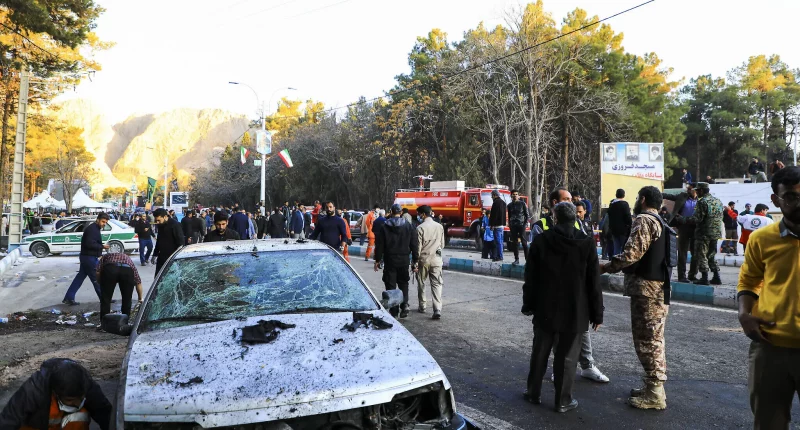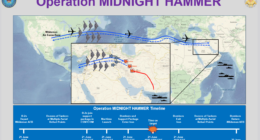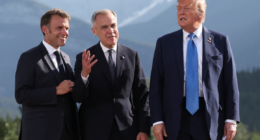U.S. officials have confirmed that they secretly warned Iran about an impending ISIS terror attack. This rare instance of direct communication between the U.S. and Iran, typically adversaries, underscores the complex dynamics of international security and the shared threat posed by ISIS.
According to senior U.S. intelligence officials, the warning was issued shortly before ISIS carried out the attack. The specific nature of the threat and the location of the planned attack have not been disclosed for security reasons. The U.S. decision to alert Iran, despite the absence of formal diplomatic relations and ongoing tensions, was driven by immediate security concerns and a commitment to combatting global terrorism.
The communication between the U.S. and Iran was conducted through a backchannel, often used for sensitive and urgent matters that require discretion. This channel has been sporadically active, especially in instances where mutual interests, such as counterterrorism efforts, are at stake.
“This action reflects the United States’ consistent stance against terrorism and its commitment to preventing terror attacks, regardless of where they occur,” said a U.S. State Department spokesperson. “It also demonstrates that even among adversaries, there can be shared concerns over global security threats like ISIS.”
Iran, which has been engaged in a prolonged fight against ISIS, particularly in Syria and Iraq, has not publicly commented on the U.S. warning. However, Iranian officials have previously acknowledged the complex nature of dealing with ISIS threats and have expressed a willingness to cooperate with other nations on this front.
This rare cooperation comes amidst heightened tensions between the U.S. and Iran over various issues, including Iran’s nuclear program and regional activities. However, the threat posed by ISIS has created a unique situation where the U.S. and Iran have found a common enemy, leading to unprecedented albeit limited collaboration.
Experts believe that this incident, while limited in scope, could open avenues for dialogue on other pressing issues. “This could be a small step towards easing tensions and fostering communication between the U.S. and Iran,” suggested Dr. Farid Khosravi, an expert in Middle Eastern affairs.
The disclosure of the U.S. warning to Iran is a significant development, highlighting the intricate balance of international relations where adversaries can become collaborators against common threats. This move by the U.S. is seen as a pragmatic approach to counterterrorism, prioritizing immediate security concerns over long-standing geopolitical rivalries.









